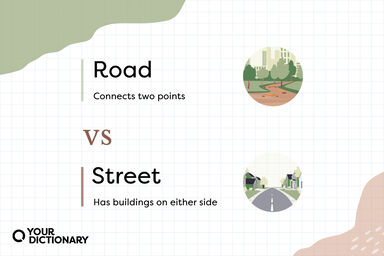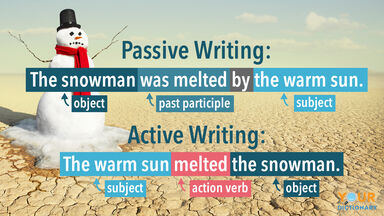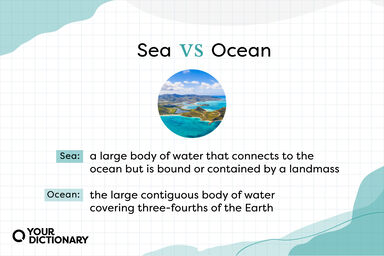Pave Definition
- To make progress or development easier:
experiments that paved the way for future research.
- to prepare the way (for); facilitate the introduction (of)
Idioms, Phrasal Verbs Related to Pave
- pave the way
- pave the way (for)
Origin of Pave
-
Middle English paven from Old French paver from Latin pavīre to beat, tread down pau-2 in Indo-European roots
From American Heritage Dictionary of the English Language, 5th Edition
-
From Old French < Vulgar Latin *pavāre < Latin pavīre, present active infinitive of paviō.
From Wiktionary
-
French from past participle of paver to pave from Old French pave
From American Heritage Dictionary of the English Language, 5th Edition
Find Similar Words
Find similar words to pave using the buttons below.





